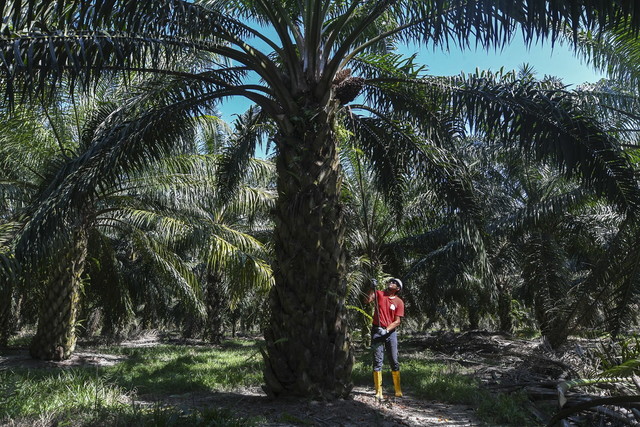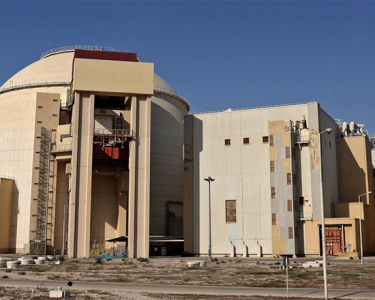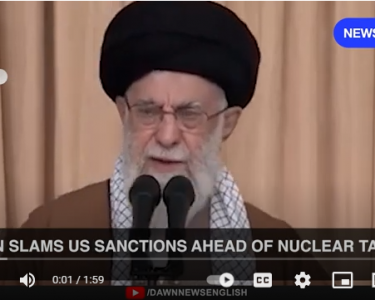KUALA LUMPUR, Sept 15 (NNN-BERNAMA) — The Ministry of Plantation Industries and Commodities (MPIC) and its agencies are actively carrying out promotional activities to counter negative campaigns by the European Union (EU) against palm oil.
MPIC deputy minister II, Datuk Seri Dr Wee Jeck Seng said the government was making efforts to address negative perceptions of Malaysia’s palm oil industry, particularly the aspect of sustainability with regard to the United Nations’ Sustainable Development Goals 2030.
“The promotional activities also involve the Malaysian Embassy office in Europe especially pertaining to government to government (G2G) collaboration and the Ministry of International Trade and Industry in terms of marketing.
“The G2G collaborations are related to research, sustainability and smallholders with France, the Netherlands and the United Kingdom,” he said while winding up the debate on the motion of thanks for the Yang Di-Pertuan Agong’s royal address at the Second Meeting of the Third Term of the 14th Parliament.
Wee said Malaysia’s Palm Oil Economic and Promotion Mission was also engaged in discussions with stakeholders in the EU to address the negativity.
He said in view of the restrictions caused by Covid-19 globally, online programmes (webinars and courtesy visits) were organised with foreign officials in Malaysia such as the ambassadors of the United States and the Netherlands.
This mission among others, he said, was aimed at enlightening the officials on the measures undertaken by Malaysia and to present the results of scientific studies that provided evidence on the benefits of palm oil as compared to other vegetable oils.
“The benefits include high nutritional value such as tocotrienol (Vitamin-E) and Carotene, and palm oil being transfat-free and cholesterol-free,” he said.
On Biodiesel B20 (blend of 20 per cent methyl esters and 80 per cent petroleum diesel), Wee said the ministry planned to increase the blend to Biodiesel B30 as early as 2025.
The Biodiesel B20 programme was launched in Langkawi on Jan 1, 2020 and in Labuan on Jan 15, 2020.
It will also be implemented in Sarawak on Sept 28, 2020, Sabah on Jan 1, 2021 and Peninsular Malaysia on June 15, 2021.
Wee said the ministry would also review and assess the proposed establishment of more Sustainable Palm Oil Clusters (SPOCs) in Sarawak and using the district office to contact the indigenous community chiefs to help the state’s oil palm smallholders obtain Malaysian Sustainable Palm Oil (MSPO) Certification.
The ministry is targeting to create 162 SPOCs, he said.
— NNN-BERNAMA






